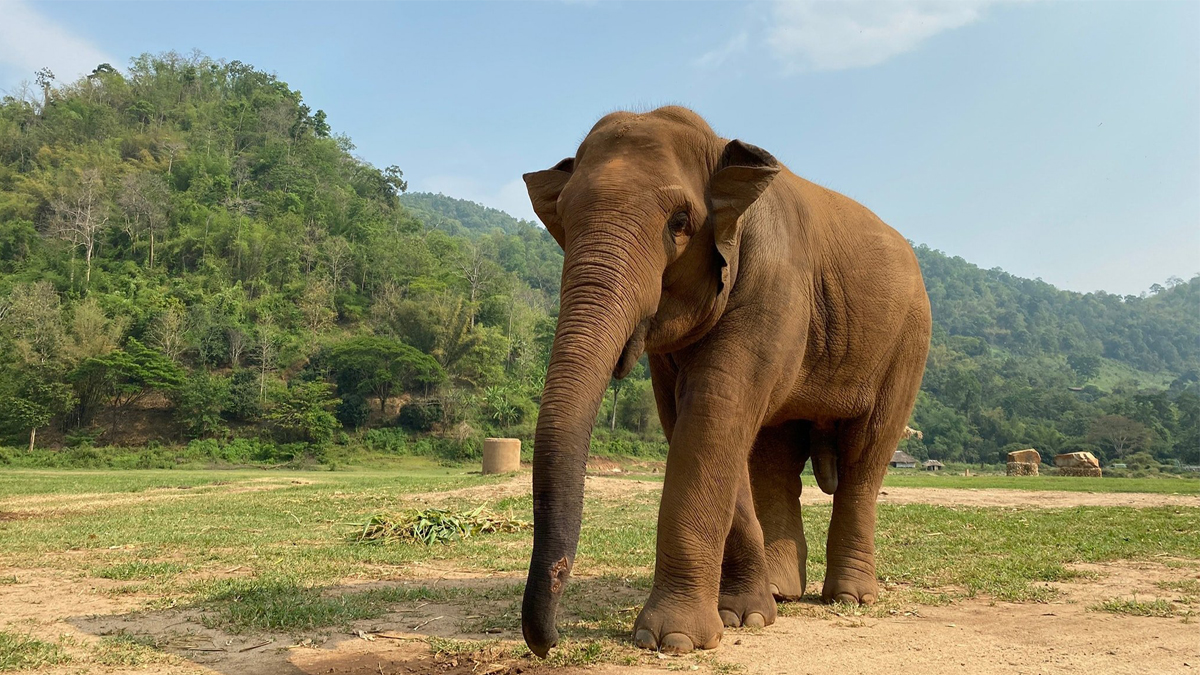
Damak, Dec. 27: Elephants coming from Assam, West Bengal and Mahanand Wildlife Sanctuary of India to Koshi Tappu Wildlife Reserve have been terrorising locals. Considering these problems, efforts are now underway on both the Nepali and Indian sides to address the problems by protecting elephants, reducing human-elephant conflicts and promoting human-elephant coexistence.
The impetus to minimise human-animal conflict has started at a time when the elephants are prolonging their stay in Jhapa, causing more destruction. Arjun Karki, ward chairman of Mechinagar Municipality-4, said that Kedar Karki, the Chief Minister of Koshi Province, has expressed interest in formulating effective practices for elephant control and risk reduction.
Chief Minister Karki has committed to implementing necessary programmes to control human-animal conflict within the province after inspecting the trespassing of elephants and rhinos. A Rapid Response Team (RRT) has been established in Bahundangi to provide conservation awareness training to local youth regarding elephant behaviour and how they should treat the animals. A similar team has also been formed on the Indian side.
Ward chairman Karki said that an information network has been established to connect the RRTs on both sides of the border to share activities related to elephants. Surveillance is conducted at entry points based on information about the movement of elephants.
An ‘early warning siren’ has been installed at the Armed Police Force post to alert villagers about elephants entering the village. Residents are advised to stay indoors upon hearing the siren. Following the siren, the RRT, along with members of the Armed Police and the Nepal Police, jointly monitor the entry points.
Due to these efforts, there have been no recent casualties in Bahundangi, which is considered a heavily affected area in eastern Nepal, said Karki. Bahundangi serves as a primary crossing point for elephants travelling between Nepal and India, causing long-term effects on the lives of residents. Karki added that elephants have damaged harvests, and stored grains, fruits, and cash crops.
To discourage elephants from easily entering the area, an electric fence has been installed at the border towards Nepal. However, elephants persistently use familial paths, damaging electric fences to access crops. He emphasised the need to address the concerns of affected communities and establish trust for fostering elephant-friendly human behaviour.
To assist the victims, the ward has decided to provide annual financial assistance of Rs. 12,000 to those affected by elephant attacks, particularly aiding the children of those who lost their parents in such incidents. The team involved in this initiative is insured for Rs. 500,000, aiming to prevent potential losses of life and property caused by elephants entering the village despite vigilant monitoring of entry points.
Comments